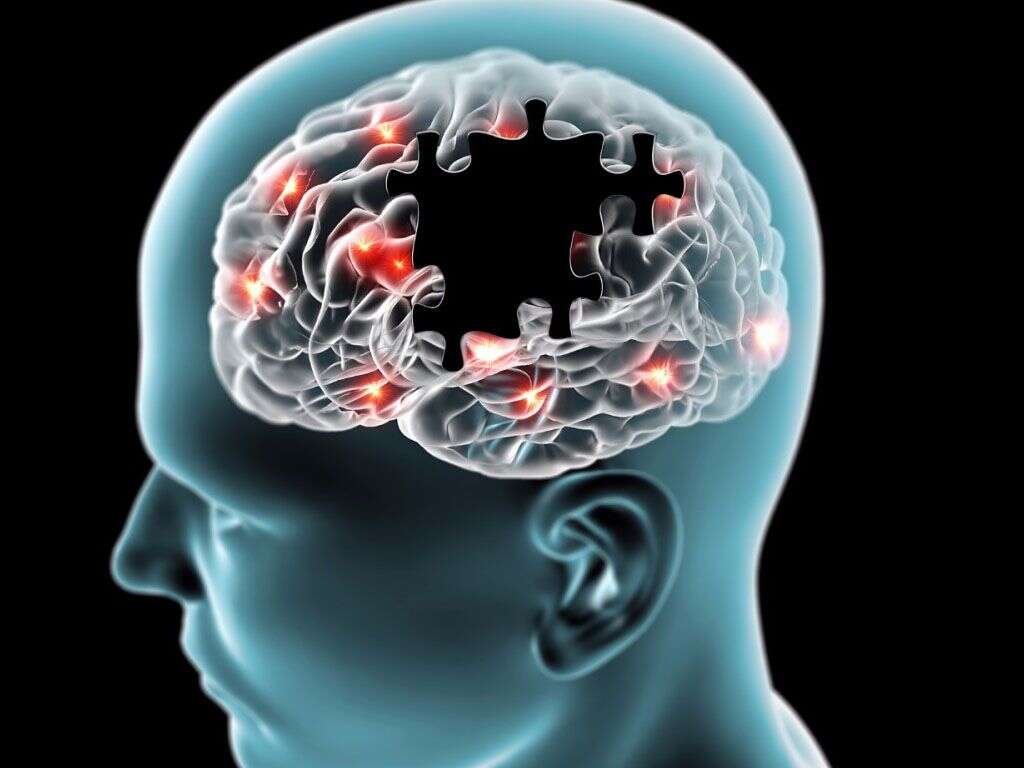What Is Dissociative Fugue?
7. Diagnosis
There is no medical test to diagnose dissociative fugue directly. However, there are assessments that can rule out other physical causes. There are a number of conditions that can cause symptoms similar to dissociative fugue, such as head injury, dementia, or intoxication with alcohol or psychotropic drugs. The symptoms may also be side effects of medication prescribed in good faith for a legitimate medical condition.
Therefore, a doctor may perform drug testing to see if there are any intoxicating substances in the individual’s system, as well as find out what medications the patient is taking. An electroencephalogram measures the electrical activity in the brain and can rule out epilepsy. An imaging study, such as a brain MRI, may identify any structural abnormalities in the brain. Once physical causes have been ruled out, the doctor may refer the patient to a psychologist or psychiatrist who can perform a specific assessment such as the Structured Clinical Interview for Dissociation.
Advertisement












